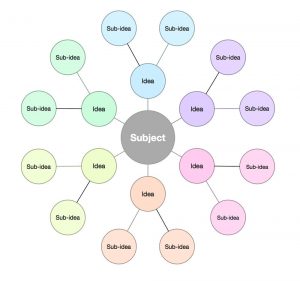We’re entering into a networked age where the value created by single organizations is being surpassed by the value created by networks, and humanity’s participation in networks is giving each of us a new opportunity to engage in something bigger than ourselves, like a global brain.
 Those were among my favorite take-aways from futurist Ross Dawson’s really interesting talk at an Ericsson event in Mumbai, written up this week by Vanessa Cartwright: Value creation in a connected world: 4 key insights for organizations to lead and succeed in a networked economy
Those were among my favorite take-aways from futurist Ross Dawson’s really interesting talk at an Ericsson event in Mumbai, written up this week by Vanessa Cartwright: Value creation in a connected world: 4 key insights for organizations to lead and succeed in a networked economy
Lots to chew on there, but I’d like to add the following: it’s not just about creating value through the network today, we are also moving into a better position to understand costs paid by the network, too.
All the things that traditional economics has called “externalities,” like pollution or adverse social consequences, are clearly relevant to any organization that intends to tap into its network of stakeholders for value creation. Uber may be a great example of networked value creation, but the labor conditions for drivers (and employees!) in the network are hotly debated. Likewise, if (or when) manufacturing or distribution firms start leveraging networks extensively for value creation – they’re going to need to look at the costs incurred by those network participants, too, if everyone wants this networked economy to last.
I don’t mean to just be a dark cloud – I actually think that tapping into a whole network of stakeholders for identification of emerging risks and opportunities, for costs and benefits, is a really exciting idea that will make our organizations much more effective.
I’ve been thinking of the phrase Networked Foresight for some time; foresight that leverages networks for exploration and takes the interests of all participants in the network into consideration.
Pingback: Marshall Kirkpatrick’s Blog » A Networked View of Value and Cost – Business and Productivity Links()